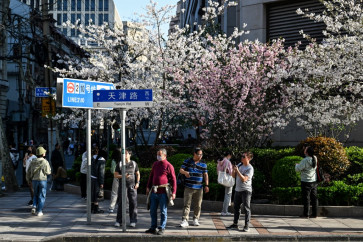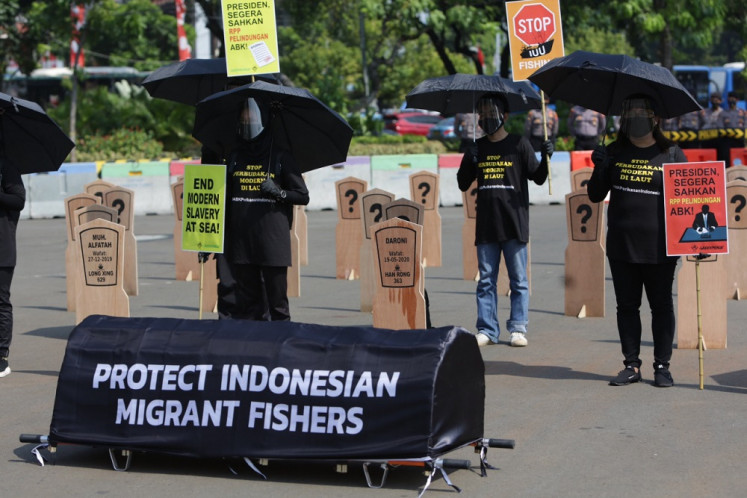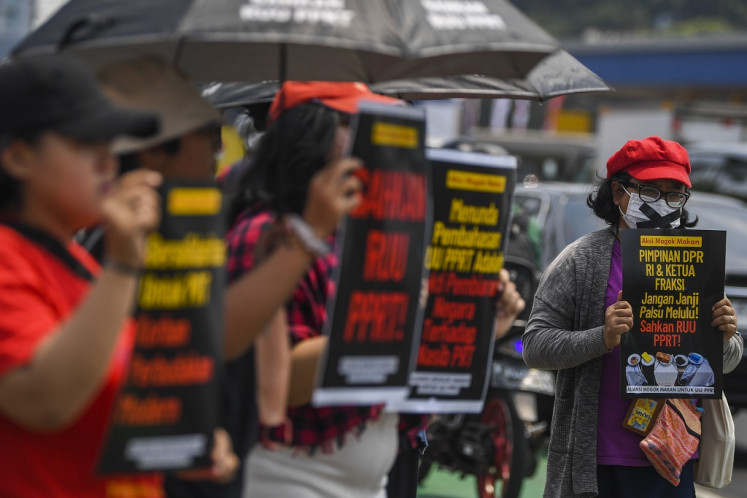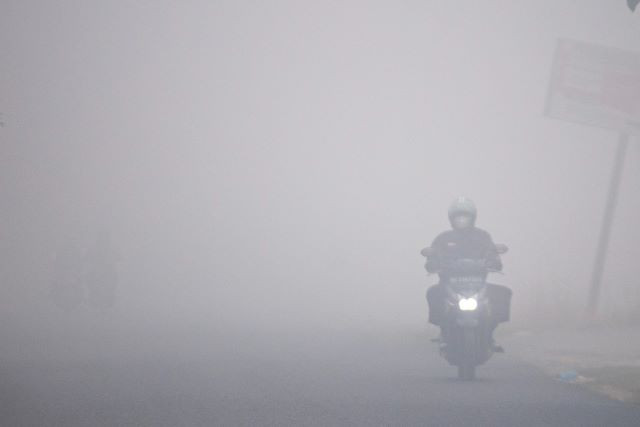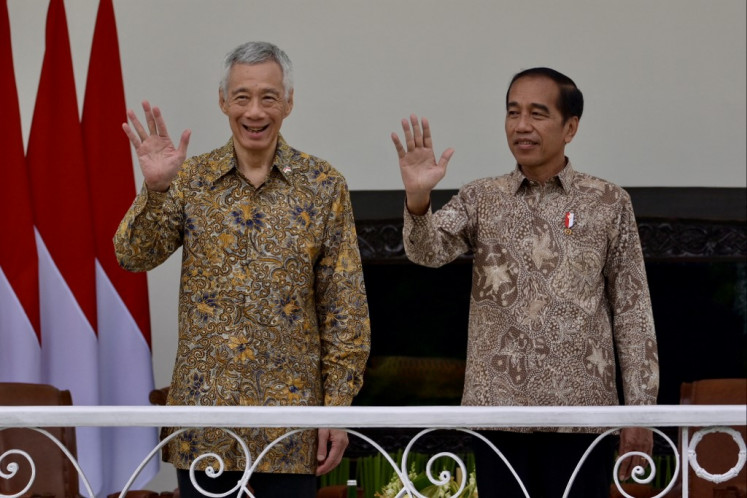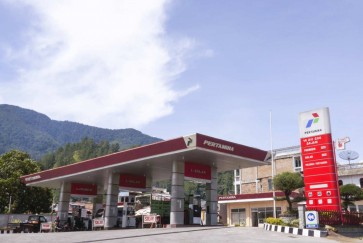What next on energy?
It is a sad reflection that development is still mired in a plethora of unneeded or unhelpful regulations, very significantly more in number than exist in all the ASEAN neighbors combined.
Change Size
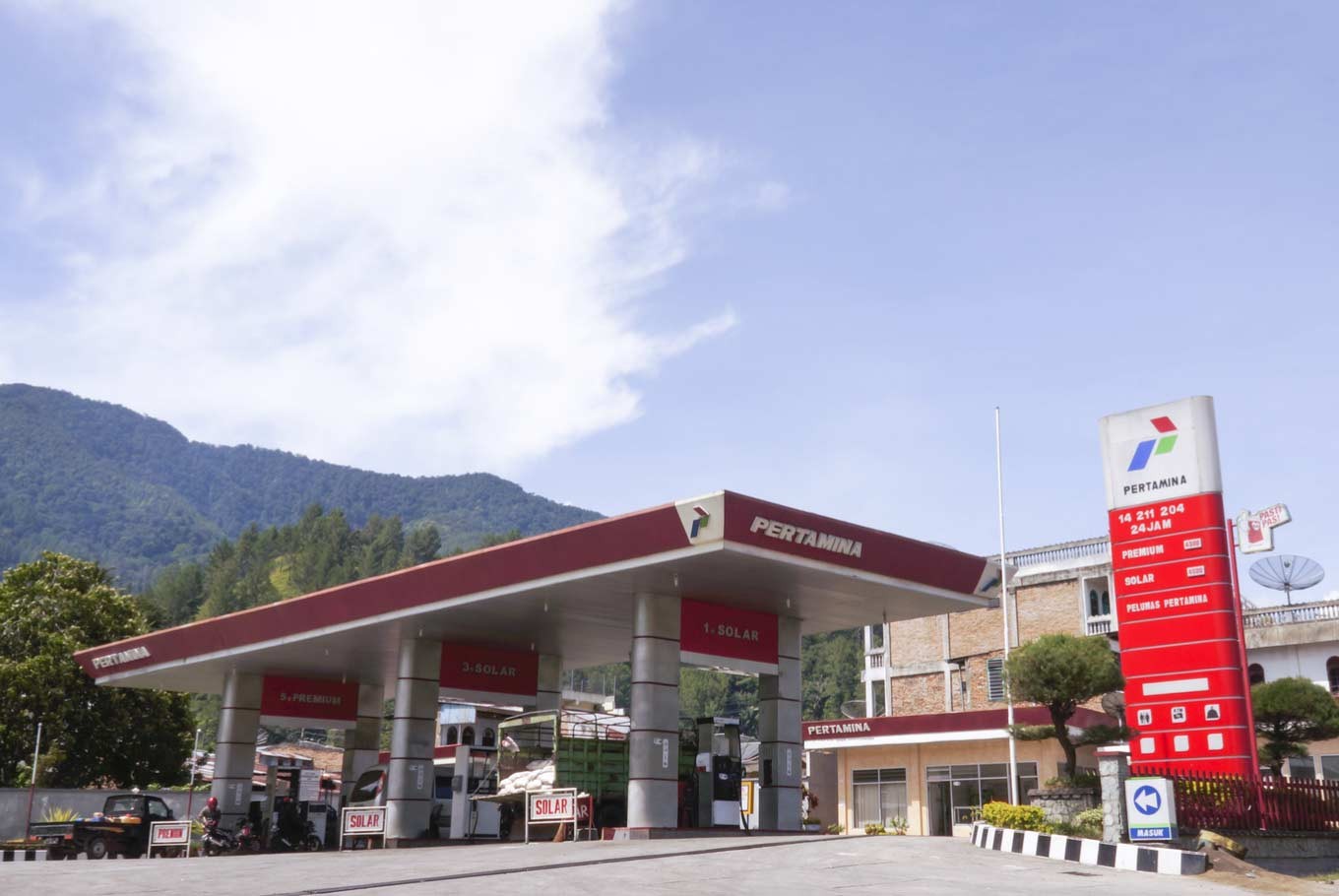 A Pertamina gas station at Lake Toba, Indonesia. (Shutterstock.com/AHMAD FAIZAL YAHYA)
A Pertamina gas station at Lake Toba, Indonesia. (Shutterstock.com/AHMAD FAIZAL YAHYA)
A
s a result of a slower growth in the economy than anticipated at the beginning of this government’s term of office, perhaps not surprisingly, electricity demand has been significantly less than projected three years ago. This has led to a reduction in overall forecast demand and, in turn, to a 30 percent slash in what state electricity company PLN previously intended to generate from renewables by 2025, ie approximately 14.5 gigawatts (GW).
In a sense, this sets a more realistic target looking at the immediate future from the position as it is today, since there is little focus on renewable energy in current ministry thinking, which is clearly more entrenched in the past dependency on fossil fuel solutions than even other neighboring countries.
It is a sad reflection that development is still mired in a plethora of unneeded or unhelpful regulations, very significantly more in number than exist in all the ASEAN neighbors combined.
Current thinking would still seem to be on maximizing the use of fossil fuels, where feedstock costs are dependent on global market supply and demand trends, and where a residual oil subsidy distorts true operating costs, such that PLN continues to struggle to find a positive bottom line.
Recent attempts to squeeze coal prices below reasonable market rates because of the poor condition of PLN’s finances are also unrealistic. Attempted remedies are like band aids stuck over a suppurating sore where the root cause is left to fester.
Basically, decisions with unrealistic terms and conditions over the past decade or more have curtailed exploration of the still significant reserves of oil to be found in the archipelago, albeit at deeper levels. The country is increasingly dependent on imports and thus subject to rising global costs negatively affecting government budgets and their forecasted expenditures.
In addition, the concentration on the use of coal relates to the traditional electricity supply source for Java and urban parts of Sumatra, or Sulawesi and Kalimantan, for example, but is not helpful to the development of the rest of the country, especially the many areas deprived of electricity in part or completely so. These areas could be supplied by renewable means, not affected by a global market-affected feedstock pricing. Many old fossil fuel plants are also no longer operating efficiently compared with new units.

